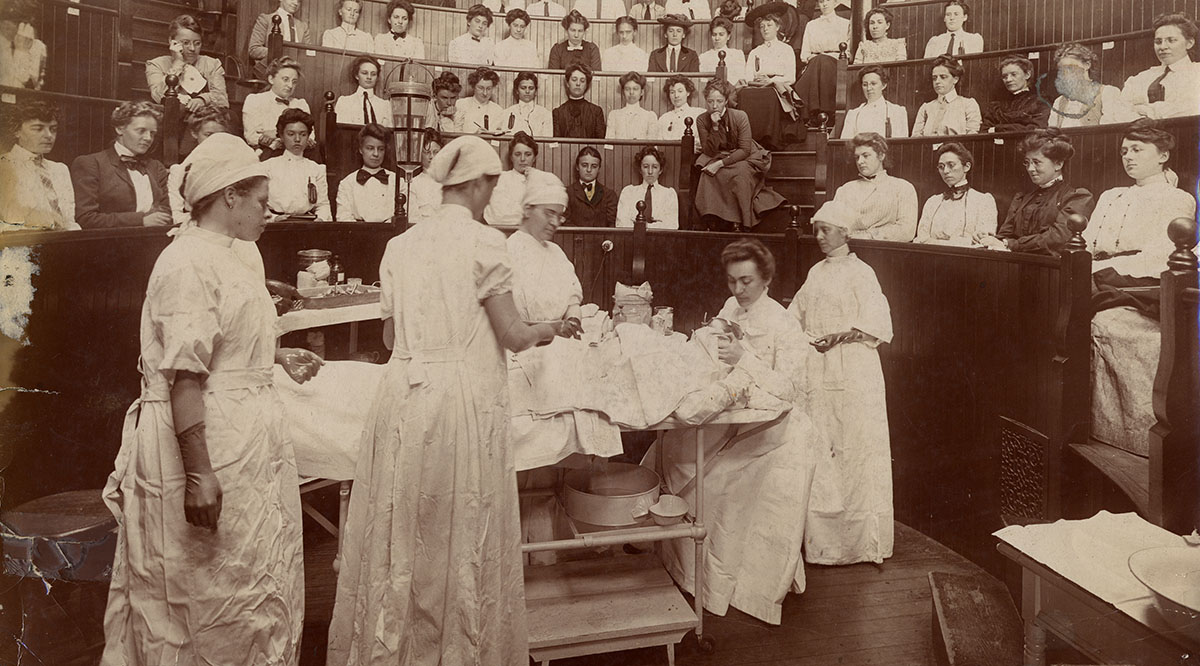
FAQ About Women in the History of Medicine
Women in the History of Medicine
2 years ago | gizem
What role did women play in early herbal medicine?
Women played a significant role in early herbal medicine throughout history. Before the formalization of modern medical practices, many cultures relied on herbal remedies and traditional healing methods, and women were often the primary practitioners of these healing arts. Here are some key roles and contributions of women in early herbal medicine:
- Gatherers of Medicinal Plants: Women were responsible for gathering and identifying various medicinal plants and herbs found in their local environments. They had extensive knowledge of which plants had healing properties and how to use them.
- Traditional Healers and Midwives: Women often served as traditional healers and midwives in their communities. They provided care for common ailments, assisted with childbirth, and used herbal remedies to treat various conditions.
- Herbalists and Wise Women: Some women gained reputations as herbalists or wise women who possessed specialized knowledge of herbal remedies. They would often pass down their knowledge through generations.
- Herbal Recipe Keepers: Women were the custodians of family or community herbal remedies and recipes. They would create and maintain records of these remedies, ensuring their preservation and passing them on to future generations.
- Nurturers of Medicinal Gardens: Many women tended to medicinal herb gardens, cultivating and growing plants with healing properties. These gardens provided a sustainable source of medicinal herbs.
- Community Health Educators: Women played a role in educating their communities about the use of herbs and natural remedies. They would share their knowledge and practices to promote overall health and well-being.
- Treatment of Common Ailments: Women often treated common health issues within their households, such as colds, fevers, digestive complaints, and minor injuries, using herbal remedies.
- Cultural and Spiritual Roles: In some societies, women held cultural or spiritual roles as healers, shamans, or priestesses, using herbs and rituals for both physical and spiritual healing.
